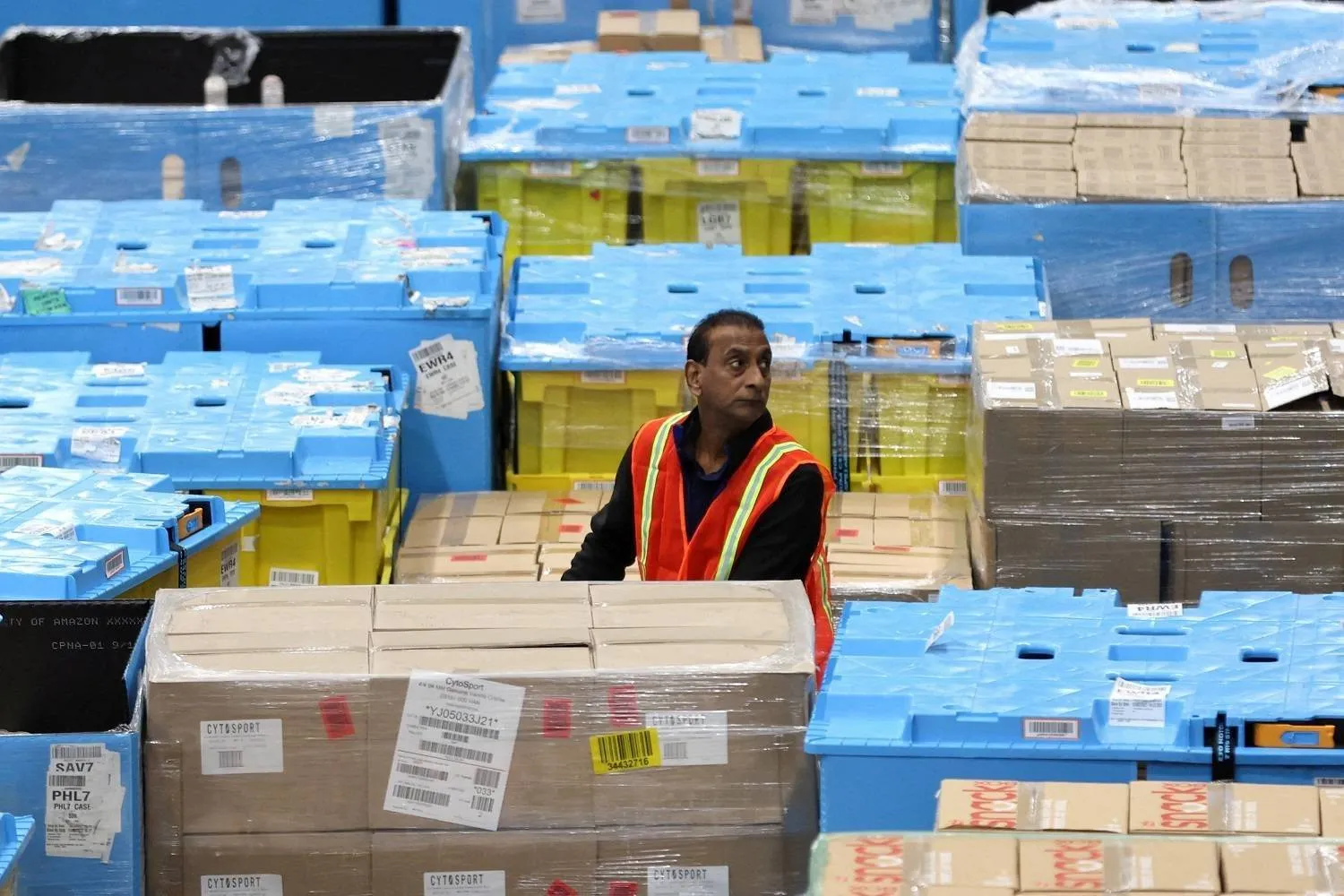US job growth likely slowed sharply in October amid disruptions from hurricanes and strikes by aerospace factory workers, but a steady unemployment rate should offer assurance that the labor market remained on solid footing ahead of Tuesday's election.
The Bureau of Labor Statistics (BLS) showed that nonfarm payrolls increased by 12,000 in October from the previous month, after employment in September shot up by 223,000 jobs.
A Reuters survey of economists showed that nonfarm payrolls likely increased by 113,000 jobs last month after surging 254,000 in September. Estimates ranged from no jobs added to 200,000 positions created. October's anticipated payrolls count would be the smallest in six months.
Hurricane Helene devastated the Southeast in late September and Hurricane Milton lashed Florida a week later.
The Labor Department reported last week that there were 41,400 new workers on strike, including 33,000 machinists at Boeing and 5,000 at Textron, an aircraft company, when employers were surveyed for October's employment report. The remaining 3,400 were workers at three hotel chains in California and Hawaii.
Workers who do not receive a paycheck during the survey period, which includes the 12th day of the month, are counted as unemployed in the survey of establishments from which the payrolls number is calculated.
The Labor Department's closely watched employment report is the last major economic data before Americans head to the polls to choose Democratic Vice President Kamala Harris or Republican former President Donald Trump as the country's next president.
Polls show the race is a toss-up. Americans have not warmed up to the economy's strong performance, which has outshined its global peers, rankled by high prices for food and rents. Low layoffs have been the hallmark of the labor market's strength.
The unemployment rate was seen unaffected by the distortions as the striking workers would be counted as employed in the household survey from which the rate is derived. Workers unable to work because of bad weather would be reported as employed, “with a job, but not at work” as per the BLS' classification.
Economists said a marginal rise in the unemployment rate would not be alarming and expected the Federal Reserve to sort through the noise and cut interest rates by 25 basis points next Thursday.
A rise in the unemployment rate to 4.3% in July from 3.8% in March was one of the catalysts for the US central bank's unusually large half-percentage-point interest rate cut in September, the first reduction in borrowing costs since 2020.
The Fed's policy rate is now set in the 4.75%-5.00% range, having been hiked by 525 basis points in 2022 and 2023.
Though employers have pulled back on hiring, they are retaining their workers, underpinning wage gains and consumer spending.
Average hourly earnings rose 0.4% last month after gaining 0.3% in September. They were likely lifted by hourly paid workers dropping out of the payrolls calculation.
Wages increased 4.0% in the 12 months through October after advancing 3.9% in September.









